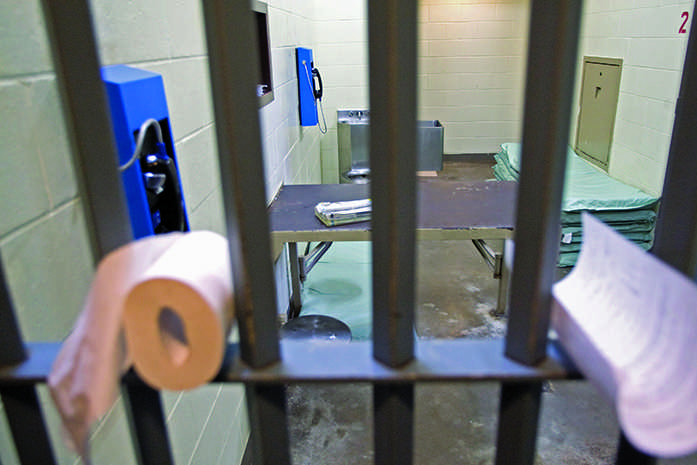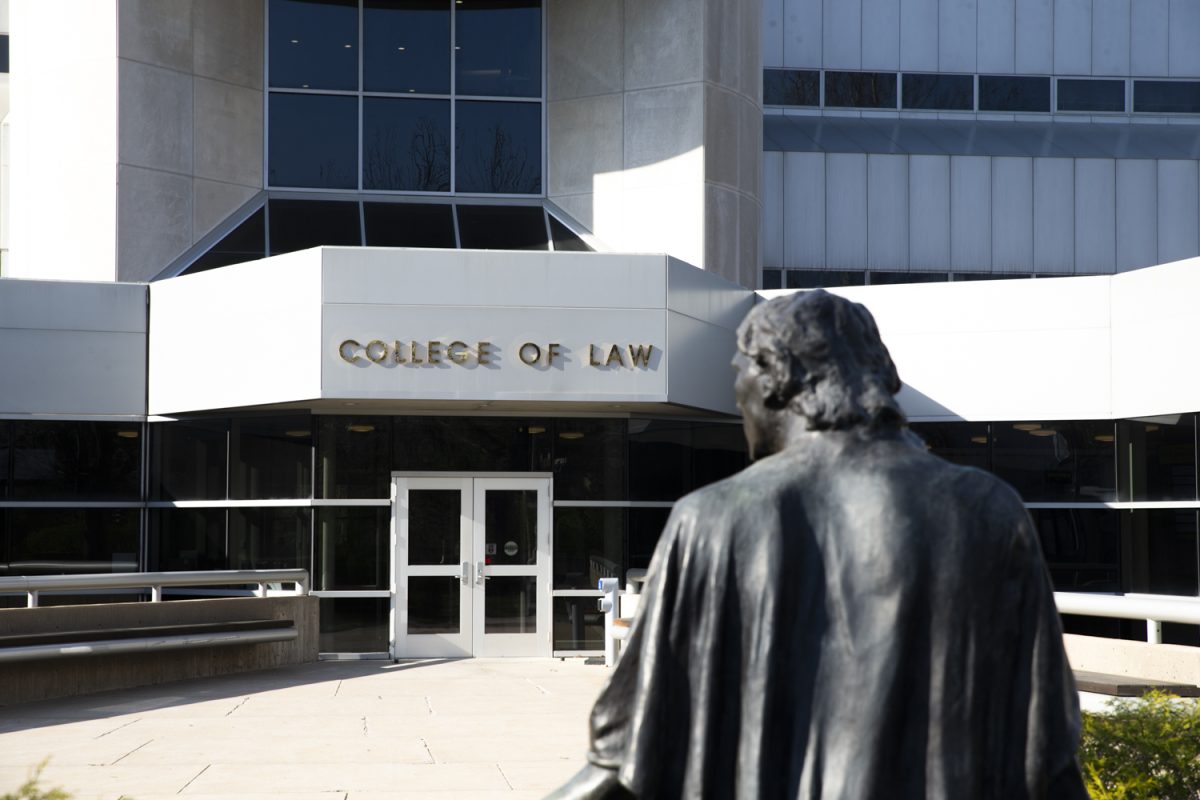By James Hirsch
[email protected]
The saying goes, “If you do the crime, you do the time.” In Iowa, people who have done the time are more likely to find themselves back behind bars within three years.
In part because of the relatively high rate of recidivism in the state, Iowa Gov. Terry Branstad announced on Aug. 28 the formation of the Governor’s Working Group on Justice Policy Reform.
A press release from the Governor’s Office said the group’s purpose is to research and make policy recommendations related to reforms in Iowa’s criminal-justice practices.
Branstad spokesman Jimmy Centers said although there has been a reduction in recidivism rates in Iowa, there is still more that the governor thinks can be done.
Clair Rudison, a member of the state Commission of the Status of African Americans, spoke at the Iowa Summit on Justice and Disparities on Aug. 28.
In response to the Governor’s Working Group on Policy Reform, he said, he hopes to see actual programs being implemented and progress being made.
“There have been groups around here for the past 20 years,” Rudison said in an interview. “The data rarely change. They might go up or down a few points every now and then, but the same issue is evident.”
Iowa is one of five states — Georgia, Iowa, Illinois, Minnesota, and Vermont — that received a $3 million grant from the U.S. Department of Justice in order to lead a statewide recidivism reduction effort.
 Beth Skinner, the recidivism reduction coordinator with the Iowa Department of Corrections, said this sort of effort is rarely coordinated at a statewide level.
Beth Skinner, the recidivism reduction coordinator with the Iowa Department of Corrections, said this sort of effort is rarely coordinated at a statewide level.
“This is a really great opportunity for Iowa to be a model for the country,” Skinner said. “Here in Corrections, we are very excited to do the work and to have an opportunity to really implement the practices that we know work best in this population.”
Rudison said he did not know about the grant until the summit on Aug. 28. However, he said, the money should be put into rehabilitation programs to decrease recidivism, with a focus on addressing the unequal mass incarceration of African-Americans.
“[In Iowa], if you’re caught smoking marijuana, blacks are eight times more likely to be incarcerated than their white counterparts,” Rudison said. “There’s no major difference on the legal end, but it just shows … we do not live in a colorblind society.”
The federal funding will mainly be used to enhance the infrastructure of the Iowa Corrections Department. It is going into what Skinner calls a “five-pronged approach,” which consists of training staff, building quality assurance, job competencies, evidence-based workloads, and re-entry practices.
“We want to continue working to focus our resources on offenders at a higher risk to reoffend,” Skinner wrote in an email. “We want to ensure our programs are evidence-based, and our practices are focused on strategies that reduce recidivism.”
Skinner said the grant is different from others of its kind because, instead of needing to show results within a year, the state will have until the third year and fifth year to demonstrate statewide recidivism reduction.
“It’s a statewide investment, not just a particular program for a target population,” Skinner said. “The approach is to affect all aspects of professional practice across the state.”
Since the Governor’s Working Group on Justice Policy Reform was just announced Aug. 28, Skinner said, she is not sure if it will work together to enhance the Corrections Department’s infrastructure but is open to working with the group.
Skinner said statewide recidivism reduction is going to affect the average Iowan simply with one end result — public safety.
“By enhancing practices and targeting activities that we know reduce recidivism, it’s going to make Iowa communities safer,” Skinner said.
Rudison says issues lying deep within society are at the root of Iowa’s high reoffender rate.
“If you look at the socioeconomic climate of this nation, what do you think is going to happen when someone gets out?” Rudison said. “We live in a capitalist society, and without capital, what happens?”








